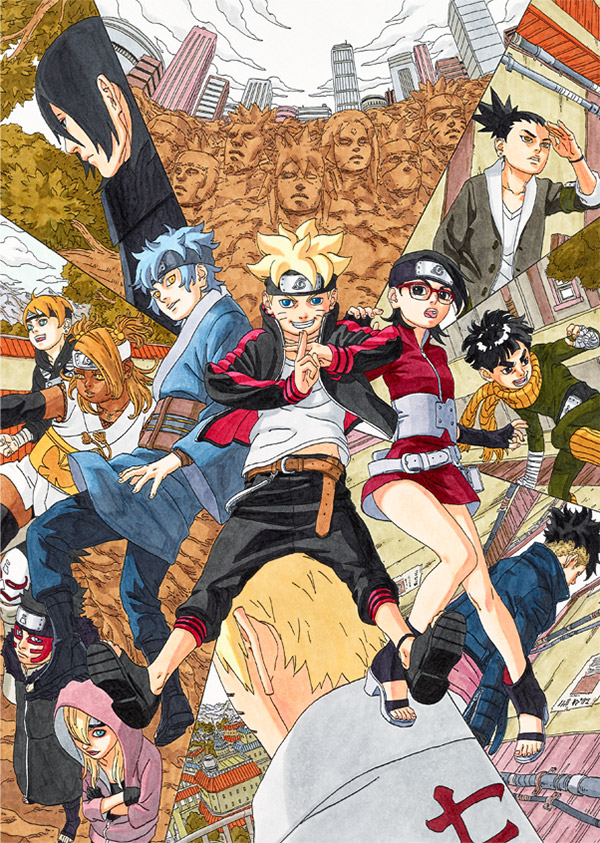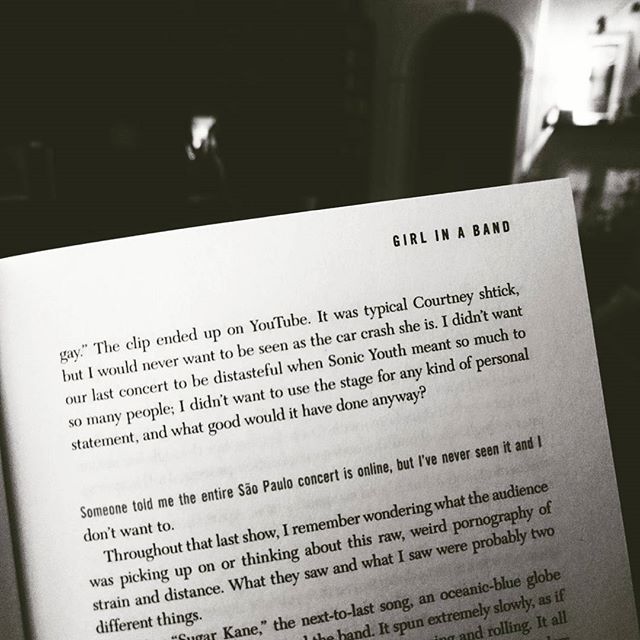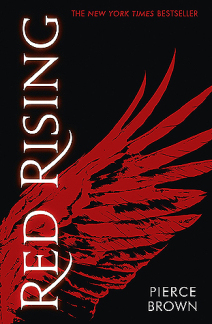Back in July, I answered a call from two of my longtime friends, Emma and Chloe. We went to the same schools since I moved to town in second grade but only became friends in maybe sixth or seventh. Middle school was a trying time, but we found solace in our mutual love of anime and manga. So on this phone call, ten or so years later, between complaints of missing each other and a potential five-year high school reunion, Emma asks me, “Have you watched any new anime lately?”
“Not much, just some twelve-episode series. I need to finish reading ‘Fairy Tail.’ Oh, and I’m watching ‘Boruto.’”
“‘Boruto’ … the ‘Naruto’ spin-off? Really?” she sounded surprised.
“Yeah, but I take it you’re not?”
She paused before saying, “I mean, why would I watch it? ‘Naruto’ is over. His story’s done.”
Of course my friend wasn’t wrong; “Naruto” is indeed over. However, I can’t agree that his story is complete. A chapter of his life closed, but his story goes on in a new capacity. But as much as I love seeing Naruto take on his new role, that’s not why I watch the show. I watch it for Boruto.
For those unfamiliar, ‘Naruto’ is a manga series written and drawn by Masashi Kishimoto. It ran from 1999 to 2014, ending with a whopping 700 chapters. The anime adaptation was split in two: “Naruto” and “Naruto Shippuden,” the main distinction between the arcs being the title character’s age. The series follows a young ninja through the trials and tribulations of war and torn friendships, all while he strives to obtain the title of Hokage, the leader of his village.
The spin-off series “Boruto,” which follows Naruto’s son and his friends, was announced soon after the parent series finished, but Kishimoto would not be heading the project. Instead, his former chief drawing assistant, Ikemoto Mikio, and writer Kodachi Ukyou took on the task.
While many people were excited, many criticized the spin-off as a not-so-sneaky attempt at a cash grab. I later found out my friend was of this same mind, in addition to her earlier comments. When the first sketches of the kids were released, critics also complained that Boruto, his sister Himawari, as well as the other children of Naruto’s friends and comrades, were carbon copies of their parents and that the story would just be a rip-off of the original.

At the time of my friend’s comments, only five episodes had aired. But I already knew it was nothing close to a cash grab. Boruto is like Naruto in a lot of ways. The same way I resemble my father in looks, attitude and habits. It would be unrealistic to think the kids wouldn’t have bits of their parents ingrained in them — their parents raised them. But as alike as Boruto and Naruto are, Boruto is a completely separate being. Unlike his dad, being a ninja comes naturally to him at a young age. He also wants nothing to do with the Hokage position, as it keeps Naruto away from his family for days at a time. Conversely, Sarada Uchiha, the daughter of Naruto’s two teammates and close friends, does want to be Hokage, a path neither of her parents truly followed.
The show also starts earlier in the kids’ lives than Naruto does. Boruto and his peers are just entering the Ninja Academy — unlike Naruto, who graduates in the first episode of the original series. While ninja training is still a huge part of their curriculum, there isn’t a constant looming threat of war that the original characters once faced. The post-war world that the kids live in — the one their parents helped create — is monumental to how different they will be as people.
The original characters came from an age where skill in battle was initially held above the mental welfare of young children, and clearly set up a world where their kids wouldn’t see death and suffering on that scale. Instead their kids worry about school, homework and hang out at the local fast food place on their way home. They’re being kids.
32 episodes in and I’m still happy with the show. To the best of my knowledge, my friend still hasn’t watched it. No one’s right or wrong, but if you go in expecting the worst you’re going to find something to complain about. But if you use the world you loved as a jumping-off point, you may find something just as special.
(YouTube, Animation World Network, Narutopedia)
Share this:





